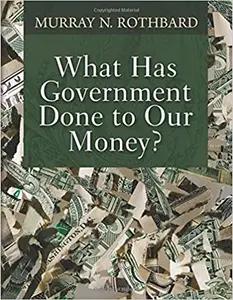What Has Government Done To Our Money?
By Murray Rothbard
Category
EconomicsRecommended by
"What Has Government Done To Our Money?" by Murray Rothbard is a succinct and illuminating exploration of the harmful effects of government intervention on our monetary system. With unmatched clarity, Rothbard delves into the origins of money, outlining how it arises naturally as a medium for exchange, and how governments have historically distorted and manipulated this vital tool.
Rothbard exposes the damaging consequences of government's control over money, emphasizing the insidiousness of inflation and its erosion of purchasing power. He highlights how governments have abandoned the gold standard, substituting it with fiat currency, allowing for unprecedented manipulation and debasement.
Further, Rothbard exposes the fraudulent nature of central banking, emphasizing its inherent instability and propensity for privileging certain groups at the expense of others. He illustrates how the fractional reserve banking system enables banks to create money ex nihilo, leading to boom and bust cycles that harm the overall economy.
Rothbard devotes considerable attention to the role of government in perpetuating financial crises, demonstrating how its interventions exacerbate rather than mitigate economic problems. He presents a convincing case for a free market in money, advocating for the complete separation of money and state. Drawing on historical examples, he outlines how private production and competition in money issuance could restore stability and trust in our monetary system.
In this concise yet powerful work, Murray Rothbard forces readers to question the role and impact of government on money, offering a compelling argument for its removal from the equation. "What Has Government Done To Our Money?" is essential reading for anyone seeking a deeper understanding of the flaws and dangers inherent in our current monetary system and the benefits that could be achieved through its reform.
Rothbard exposes the damaging consequences of government's control over money, emphasizing the insidiousness of inflation and its erosion of purchasing power. He highlights how governments have abandoned the gold standard, substituting it with fiat currency, allowing for unprecedented manipulation and debasement.
Further, Rothbard exposes the fraudulent nature of central banking, emphasizing its inherent instability and propensity for privileging certain groups at the expense of others. He illustrates how the fractional reserve banking system enables banks to create money ex nihilo, leading to boom and bust cycles that harm the overall economy.
Rothbard devotes considerable attention to the role of government in perpetuating financial crises, demonstrating how its interventions exacerbate rather than mitigate economic problems. He presents a convincing case for a free market in money, advocating for the complete separation of money and state. Drawing on historical examples, he outlines how private production and competition in money issuance could restore stability and trust in our monetary system.
In this concise yet powerful work, Murray Rothbard forces readers to question the role and impact of government on money, offering a compelling argument for its removal from the equation. "What Has Government Done To Our Money?" is essential reading for anyone seeking a deeper understanding of the flaws and dangers inherent in our current monetary system and the benefits that could be achieved through its reform.
Share This Book 📚
More Books in Economics
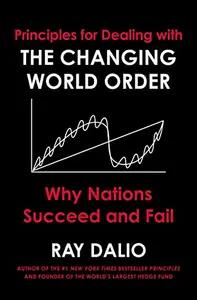
Principles for Dealing With The Changing World Order
Ray Dalio
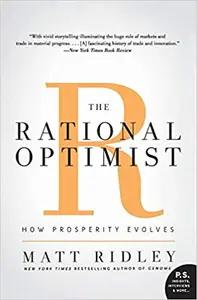
The Rational Optimist
Matt Ridley
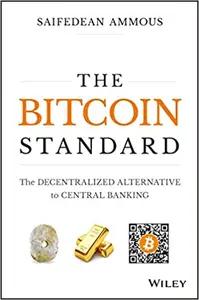
The Bitcoin Standard
Saifedean Ammous
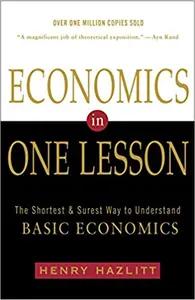
Economics in One Lesson
Henry Hazlitt
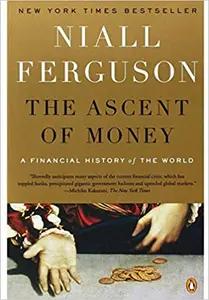
The Ascent of Money
Niall Ferguson
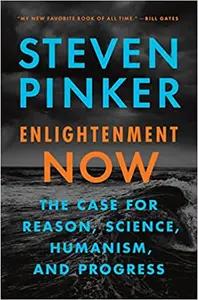
Enlightenment Now
Steven Pinker
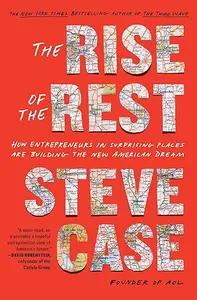
The Rise of the Rest
Steve Case
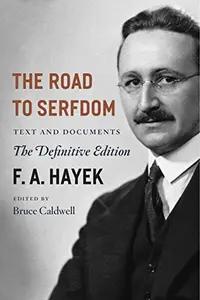
The Road to Serfdom
F.A. Hayek
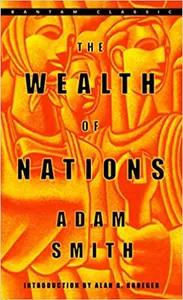
The Wealth of Nations
Adam Smith
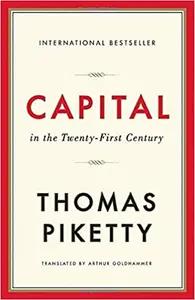
Capital In The 21st Century
Thomas Piketty
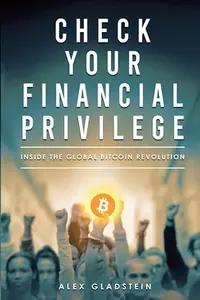
Check Your Financial Privilege
Alex Gladstein
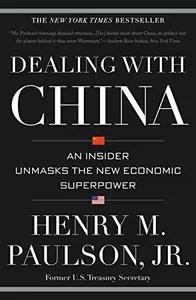
Dealing with China
Henry Paulson
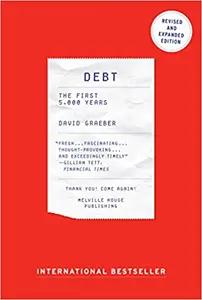
Debt
David Graeber
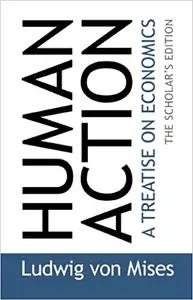
Human Action
Ludwig Von Mises
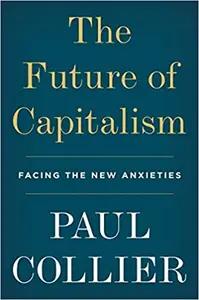
The Future of Capitalism
Paul Collier
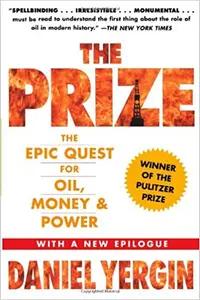
The Prize
Daniel Yergin
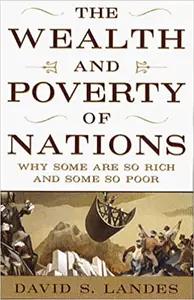
The Wealth and Poverty of Nations
David Landes
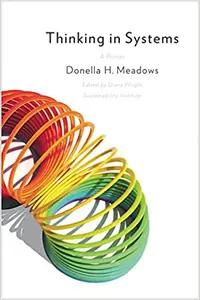
Thinking In Systems
Donella H. Meadows
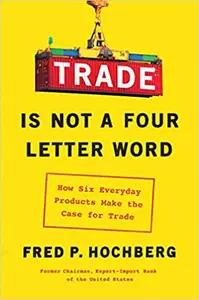
Trade Is Not A Four Letter Word
Fred Hochberg
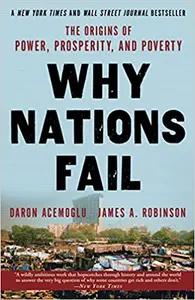
Why Nations Fail
Daron Acemoglu
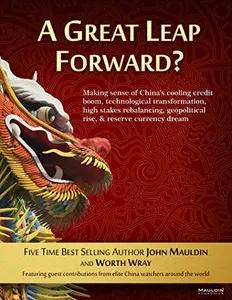
A Great Leap Forward?
John Mauldin & Worth Wray
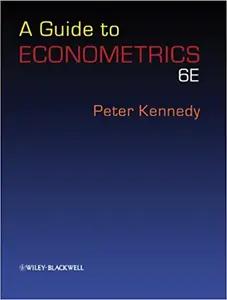
A Guide To Econometrics
Peter E. Kennedy
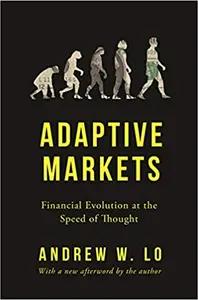
Adaptive Markets
Andrew Lo
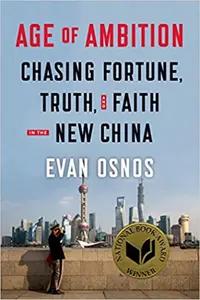
Age Of Ambition
Evan Osnos
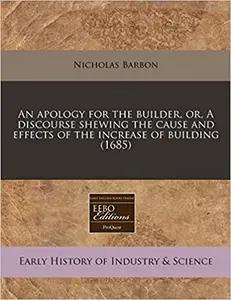
An Apology for the Builder
Nicholas Barbon
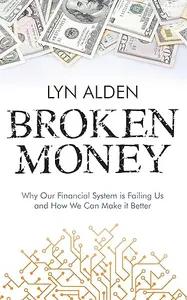
Broken Money
Lyn Alden
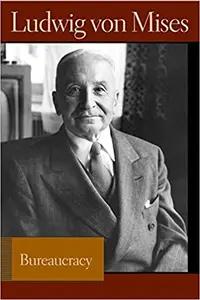
Bureaucracy
Ludwig Von Mises
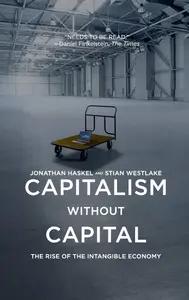
Capitalism Without Capital
Jonathan Haskel & Stian Westlake
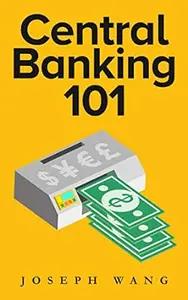
Central Banking 101
Joseph Wang
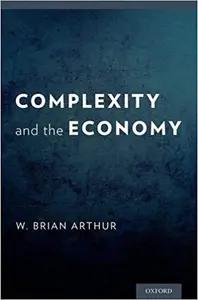
Complexity and the Economy
W. Brian Arthur
Popular Books Recommended by Great Minds 📚
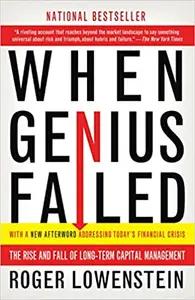
When Genius Failed
Roger Lowenstein
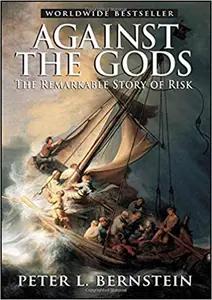
Against The Gods
Peter Bernstein
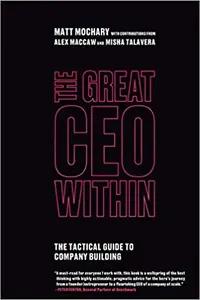
The Great CEO Within
Matt Mochary
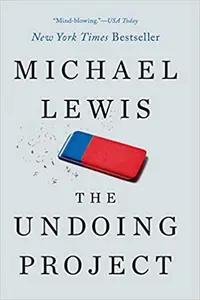
The Undoing Project
Michael Lewis
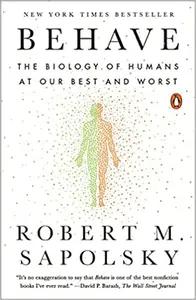
Behave
Robert Sapolsky
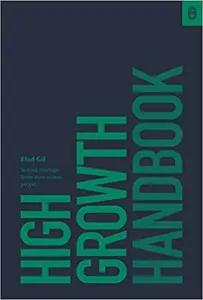
High Growth Handbook
Elad Gil
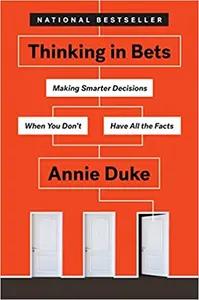
Thinking In Bets
Annie Duke
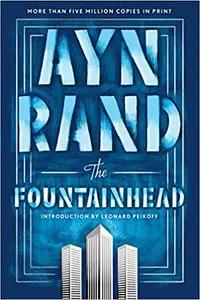
The Fountainhead
Ayn Rand

Siddhartha
Hermann Hesse
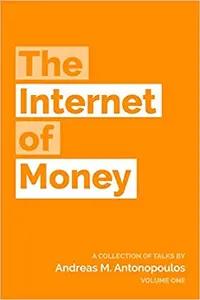
The Internet of Money Volume 1
Andreas Antonopolous
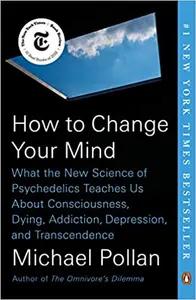
How to Change Your Mind
Michael Pollan
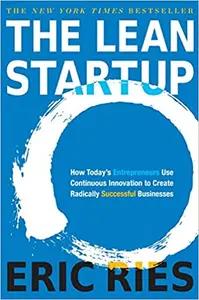
The Lean Startup
Eric Reis
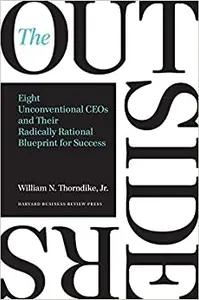
The Outsiders
William Thorndike
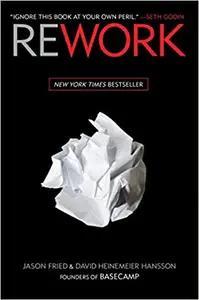
Rework
Jason Fried
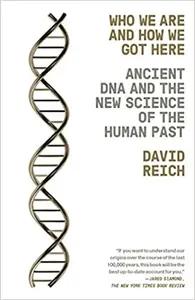
Who We Are and How We Got Here
David Reich
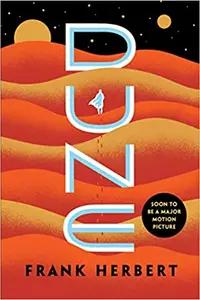
Dune
Frank Herbert
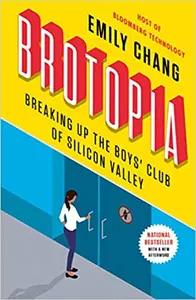
Brotopia
Emily Chang
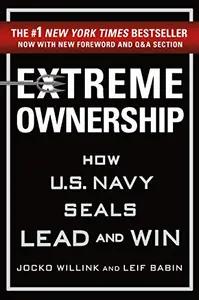
Extreme Ownership
Jocko Willink
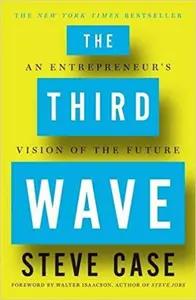
The Third Wave
Steve Case
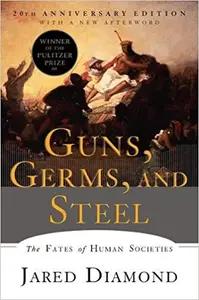
Guns, Germs, and Steel
Jared Diamond

The Bitcoin Standard
Saifedean Ammous
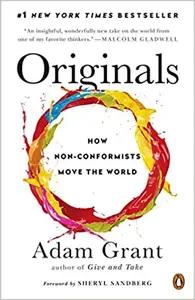
Originals
Adam Grant
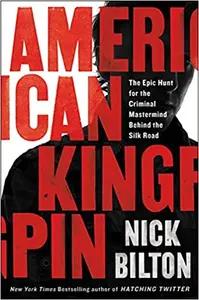
American Kingpin
Nick Bilton
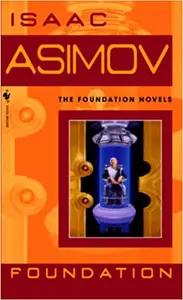
Foundation
Isaac Asimov
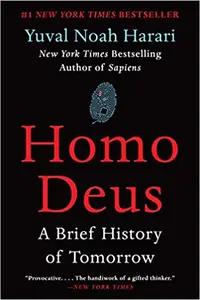
Homo Deus
Yuval Noah Harari
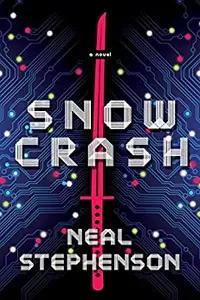
Snow Crash
Neal Stephenson
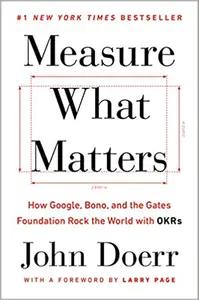
Measure What Matters
John Doerr
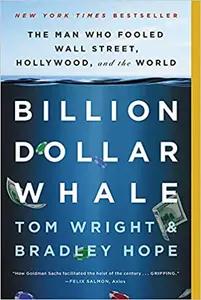
Billion Dollar Whale
Tom Wright
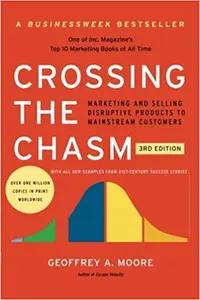
Crossing the Chasm
Geoffrey Moore
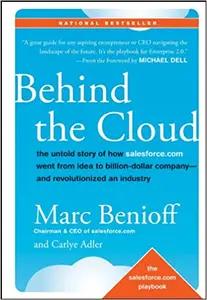
Behind the Cloud
Marc Benioff
